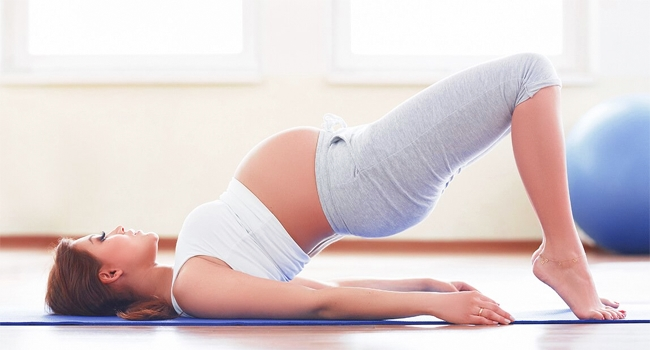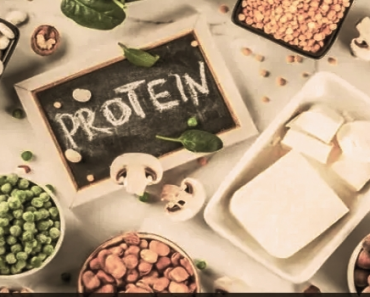
During pregnancy, Fitness Tips For Pregnant Mum there are significant changes to the physiology of your body that extend beyond a growing belly. This article explores many of those changes so you can understand what is happening to your body and why you feel the way you do throughout your pregnancy.
Heart rate and blood volume
From 6-8 weeks the volume of blood increases up to 40% as a result cardiac output – the amount of blood your heart pumps – increases 30-50% and heart rate increases 20% during the second and third trimester.
Breathing rate
Your breathing rate increases 15% by two to three breathes per minute and the volume you breathe per minute increases by 40% to provide baby with more oxygen and less carbon dioxide.
Metabolism
Due to the demands of the foetus your metabolic rate increases as does the amount of glucose that is needed and used resulting in an increase in energy expenditure.
Weight gain
Normal healthy weight gain will vary depending on the size of mum but is approximately 10-15kgs. This places increased stress on joints and muscles resulting in neck, upper and lower back pain.
Posture
As baby grows and your tummy gets bigger your centre of gravity will shift placing strain on your lower back and thoracic spine resulting in aching muscles. In later pregnancy the uterus can push up on the diaphragm flaring the ribs causing rib pain.
Less abdominal strength
As your tummy grows abdominal muscles become stretched and they are less able to provide support of the lower back resulting in back ache and hip pain.
Ligament laxity
Due to the effects of relaxin, oestrogen and progesterone ligaments and joints become more lax which also contribute to less stability and potential for muscle sprain, minor injuries and back pain.
Nutritional Changes Despite an increase in energy demand surprisingly there is only an extra need for 300Kcal per day! This is equivalent to a small tuna salad! Nutritional needs during pregnancy can be met simply by eating a balanced diet of fruits, vegetables, and low GI carbohydrates not extra bowels of ice cream and chocolate bars.
Hormonal changes
Perhaps the most significant changes are to hormone levels which literally skyrocket!
Human chorionic ganadotrophin doubles every two days in the first 10 weeks, keeping estrogen and progesterone production going for the pregnancy to be viable. The increase in this hormone causes nausea and vomiting in the first trimester.
Progesterone increases as much as tenfold and cause symptoms of dizziness, constipation, sleepiness and fatigue. It also promotes the storage of fat contributing to weight gain!
Oestrogencan increase by up to one thousand fold by the end of the pregnancy. It is vital for the development of the fetus, promotes blood flow to the uterus and placenta assists in lactation and can cause mood swings.
How your body responds to exercise:
Heart rate can be 20-40 beats higher than during the same pre-pregnancy exercise.
Dizziness can occur so avoid quick changes in position. Increased blood flow to the surface will assist in heat loss and prevent overheating during exercise.
Exercise causes an increase in fetal heart rate that is proportional to the intensity of the exercise however there are no adverse effects to the baby.
Blood is diverted away from the uterus during exercise but due to increased blood volume and cardiac output there is no danger to the baby of not receiving sufficient nutrients and oxygen.
From the second trimester avoid lying on your back as the weight of the uterus can push down on the large blood vessels compromising blood flow and oxygen to the baby, Fitness Tips For Pregnant Mum.





